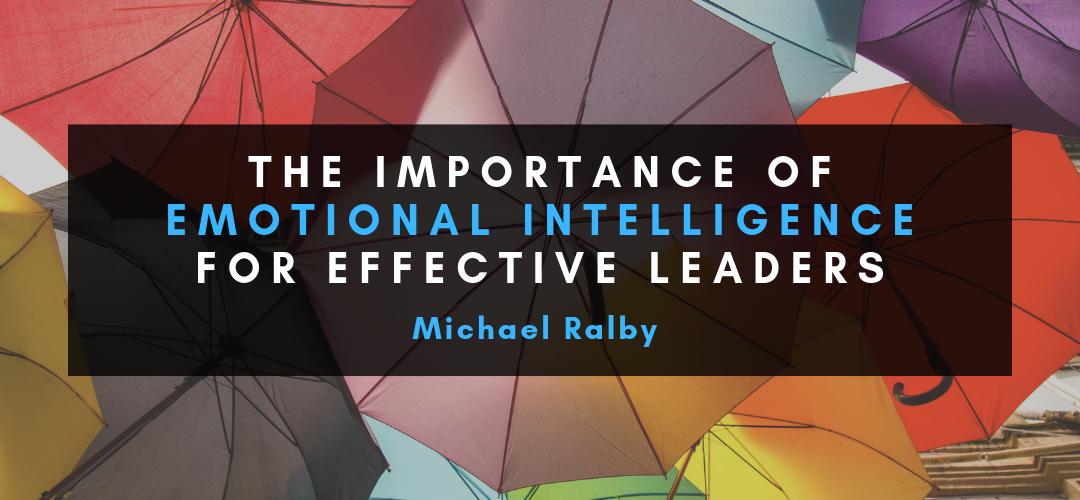There are many essential elements of leadership that effective leaders strive to cultivate within themselves. One of the most important is that of emotional intelligence. In order to effectively lead, guide, and develop other individuals, high emotional intelligence is necessary. With high emotional intelligence, leaders are more capable of relating to employees and managing interpersonal issues.
Compassion
Some leaders may feel inclined to lead without compassion and focus on results rather than the process or its participants. However, it has been shown that leaders who make time to understand their employees’ concerns are better motivators; this is because empathetic leaders seek to understand what limits the abilities and productivity of an individual as well as what motivates them. A compassionate leader can more effectively encourage employees to pull their weight by striving to alleviate stress and offering appropriate awards for quality work.
Communication
Even as technology advances and limits the need for face-to-face interaction, communication remains an important element of effective leadership. Those with high emotional intelligence tend to be able to relate to others more and understand their perspectives. A large number of issues results from miscommunication, so an effective communicator is not just a good leader; they also help limit unnecessary problems, promoting a more efficient business model.
Relationship Management
Being more in tune with emotions can help you effectively navigate your relationships, both personal and professional. With a positive presence and uplifting attitude, you can improve morale and lead by example as you share your goals, motivations, and positivity with others. Additionally, leaders with high emotional intelligence are better equipped to identify and address tension among employees; they can often detect a disruption in the emotional climate of a room, and without causing a scene, they are able to connect with the individuals and resolve the issues that are impacting them.
Self-Management
Not only does having a high emotional intelligence aid in the success of your interpersonal relations, it also impacts your relationship with yourself. With a high EI, you are better able to manage your emotions, thereby making you a more effective and efficient worker. Additionally, you can regulate intense emotions that could be detrimental to the overall success of the company; anxiety, fear, anger, and more can be explosive, and being able to keep them in check to maintain peace and order is a sign of a strong leader.
Effective leaders should strive to improve their emotional intelligence in order to better relate to their employees and manage their own work ethic. By embracing emotional intelligence as an essential element of effective leadership, leaders can help themselves, their employees, and the business as a whole.


